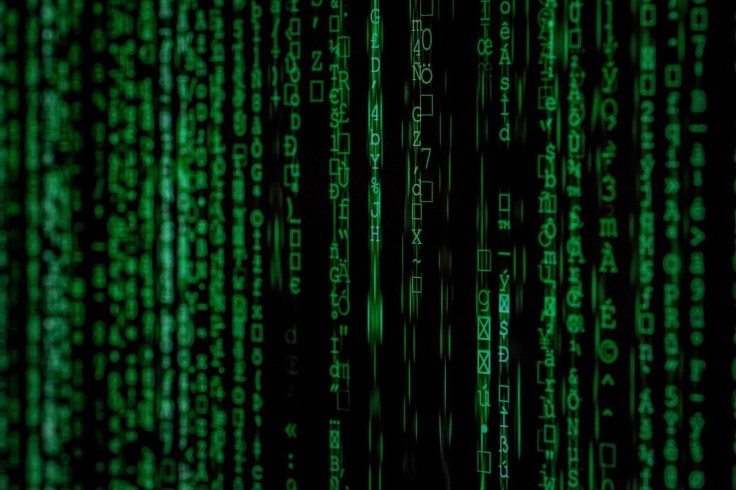
Did you know that millions of internet users become victims of data theft every year? Whether you are a company or an individual, data theft can prove very costly. Companies have lost billions and many others have been sued for data breaches. It is, therefore, very important to keep safe. One way to do that is by using a secure password. The good news is that you do not have to crack your head for a unique password which you will likely forget in no time. With a password manager, you can be sure that your information is safe, thanks to a strong and secure password.
While businesses and individuals have the opportunity to use a password manager to secure their information, many are still using easy-to-hack passwords. Below are some of the dangerous passwords that you must kick to the curb in 2020.
The old-age passwords
It should be a no brainer that passwords like '123456', '696969', 'qwerty', 'Strong Password' and 'password' are among the most useless passwords you can use. However, millions of people are still using these kinds of passwords and putting their data at risk. '123456', for example, is among the top five most used passwords in the world. Using a password like "Strong Password" almost feels like you are saying, 'hack into my account if you can.' If you are using these old-age passwords, you need to get yourself a strong password generator.
Any of your information that is or could be in the public domain
One of the most common bits of personal information that people use as password is their social security number (SSN). According to a statement by the head of the hacking team at IBM security, "your social security number is somewhere out there in the dark web." Using your SSN is, therefore, an easy pass for any hacker who wants to get access to your information.
Many people also use their names and important dates or those of their friends or relatives as their password. These include phone numbers, birthdays, marriage and engagement dates, and so on. Others use their street name or pet names as a password. Hackers know that people love to use passwords that mean something to them or that they can remember easily. If you fall under this category, your data is at risk and you may need to use a password manager to generate a password.
Passwords without numbers and symbols
A secure password should be at least eight characters long, and must be a combination of numbers and symbols. Even so, it is not easy to create an excellent password. Remember, you also have to combine upper and lower case letters to make your password even more untouchable. While you may think of writing your password down on a notepad or sticky note and storing it in a safe place, that may not be a good option either. You still risk misplacing the paper or someone coming across it, which puts you at risk. Instead of going through all the trouble, why not use a password manager to generate a secure password?
The name of the website you are using
If you are signing up to a website, do not use the name of the website as your password because anyone can easily guess that. Do not even combine the name of the website with any of the insecure passwords identified above.
Avoid repeating passwords across platforms
In this era of technology, you must have signed up to at least 50 online accounts. In all these accounts, you need a strong and unique password to protect your data. If you have been using the same password across different platforms for easier memory, hackers will have a smooth sail once they manage to get into one of your accounts, because that will give them access to all your data in the rest of your accounts. It is a good idea to use a password manager to ensure that each of your online accounts has a unique password and you don't have to remember them by heart.
Do not assume that data theft will never happen to you. Start to be more careful with your data today by using a strong password manager to generate a password. Additionally, keep your data free from viruses and other malware by investing in a quality antivirus.









